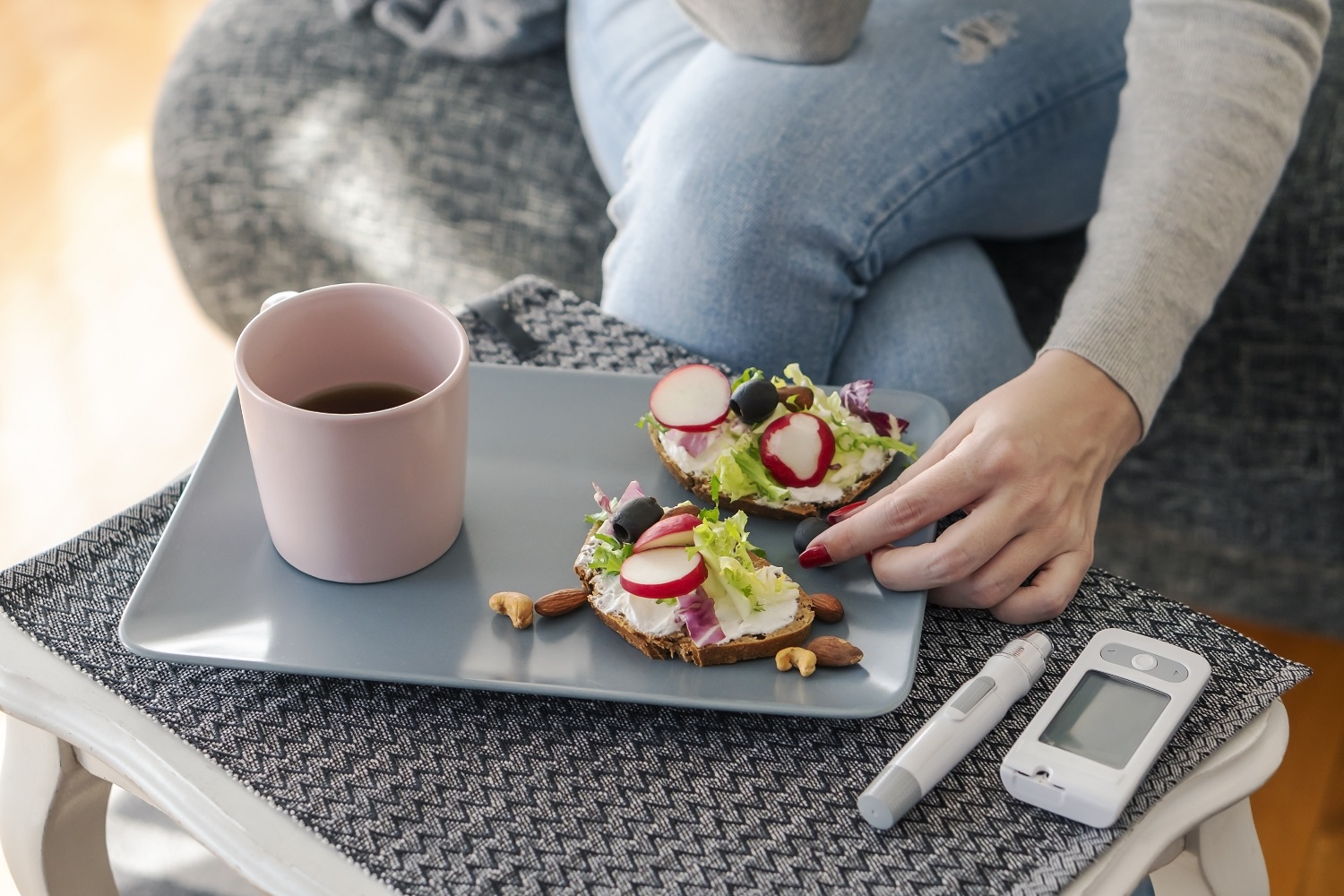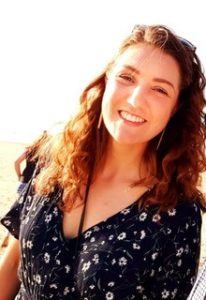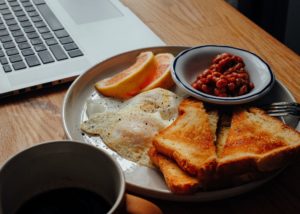
By Sarah Di Iorio
Flinders University Nutrition and Dietetics student Julianne Baldock’s diagnosis with type 1 diabetes inspired her to explore the world of diet, health and disease prevention.
“I was diagnosed with type 1 diabetes when I was eight and since then have needed to be quite conscious of my health and what I was eating,” she says. “I started doing my own research on what foods provided me with the nutrients I need, including protein and micronutrients from fruit and vegetables to support my training and recovery.”
The curiosity for her autoimmune condition eventually led to a career aspiration in dietetics. After completing a Health Sciences degree Julianne pursued the Master of Nutrition and Dietetics at Flinders.
“I appreciate that Flinders University has such committed staff, both to the learning and health of all students,” she says. “The practical learning that my course offers has been so crucial to my success as a final year student dietitian.”
As part of Julianne’s final year of study, she has completed a number of work placements to build practical experiences and new skills.
Her favourite placement so far has been traveling to Melbourne for one week to work on a project under the guidance of staff at Nutrition Australia – Victoria Division.
“I got some great insight into what it looks like to work in the public health and nutrition policy field and made some great connections and friends along the way,” she says.

But it has been the year of 2020 that has proved challenging – yet still rewarding – for many students like Julianne.
This year completed a telehealth project by engaging students in virtual mealtimes during South Australia’s peak of the COVID-19 pandemic.
“Our project involved investigating the need and effectiveness of group health and nutrition interventions using videoconferencing technology,” Julianne says.
The project was completed with the guidance of nutrition and dietetics lecturer Dr Olivia Farrer.
“The idea of a virtual mealtime was provided to us in the project briefing, and our task was to investigate its plausibility and to run a pilot session with participants,” Julianne says.
With students learning remotely for some time during COVID-19, they would prepare a healthy lunch meal before meeting online at a designated time.
Students engaged in discussion and shared the meal time within the comfort and safety of their own homes.

Julianne and her placement partner Eliza prepared nutrition and support resources for the participants. During the virtual meal times students shared experiences of studying remotely during COVID-19 and explored the challenges and even benefits for managing nutrition and general health during the challenging time.
“One student shared that they had stopped having lunch due to their altered study schedule during COVID-19, while another found that they had more time to focus on what they were eating and could make healthier choices,” Julianne says.
Julianne says she has valued the work placements and practical experieces as they have given her “opportunities to try new things, learn lots and work with great people”.
“There are so many activities that I have done, such as developing nutrition resources, filming and editing cooking demonstration videos, and collaborating with many Flinders and Health2Go stakeholders,” she says.
“I’m interested in seeing what opportunities come my way and am keen to gain as much experience and exposure as I can.”
Julianne aims to one day set up her own private practice and work collaboratively with other allied health professionals.

